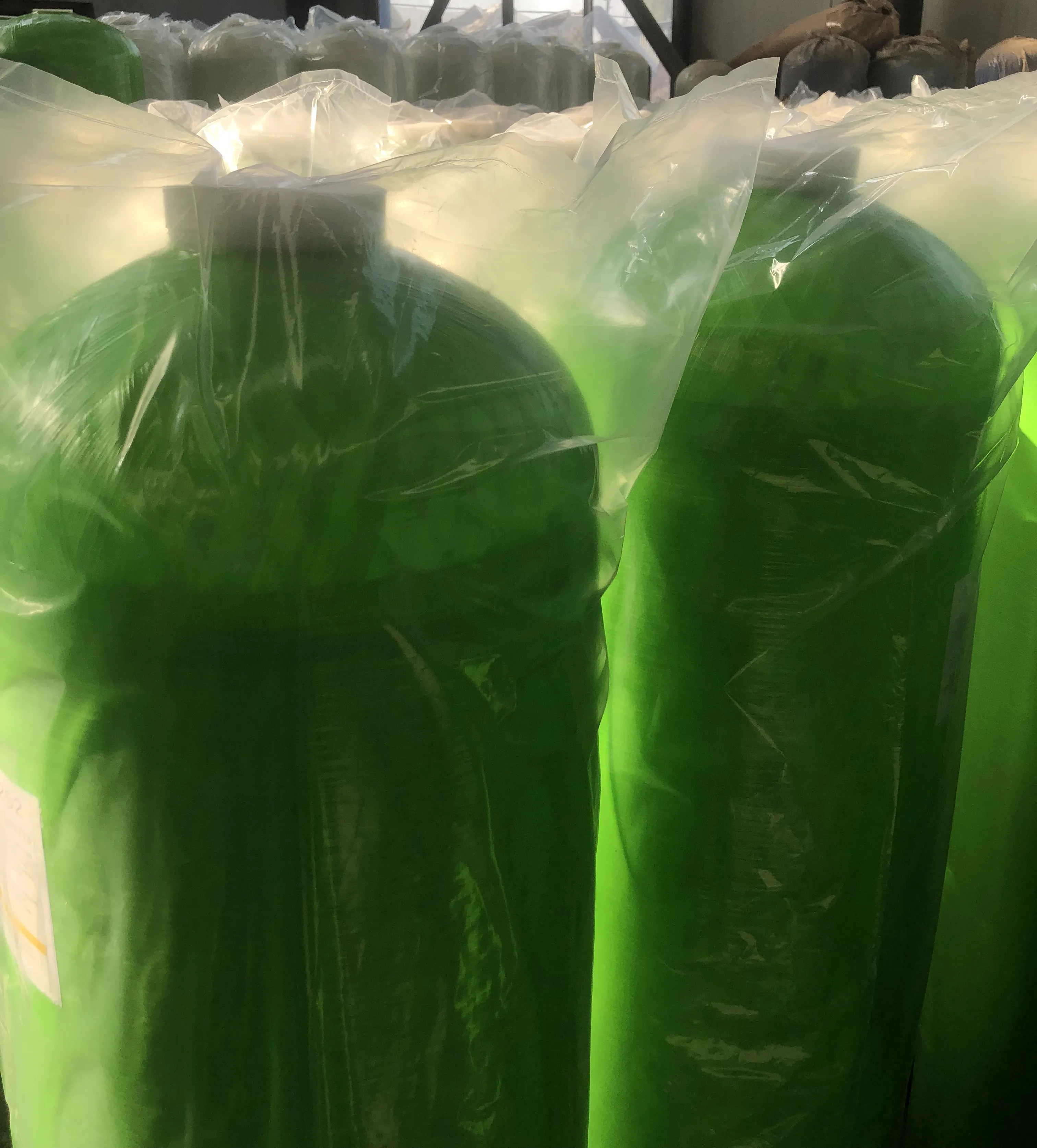loading...
- No. 9, Xingyuan South Street, Dongwaihuan Road, Zaoqiang County, Hengshui, Hebei, China
- admin@zjcomposites.com
- +86 15097380338
- Welcome to visit our website!
Home Water Purification Solutions for Safe and Clean Drinking Water
Home Water Treatment Ensuring Safe and Clean Drinking Water
Access to clean and safe drinking water is a fundamental need for every household. Water treatment at home has become increasingly important due to rising concerns over water quality, contamination, and public health. In this article, we will explore the various methods of home water treatment and the benefits they provide.
Understanding Water Contaminants
Before delving into the treatment methods, it's essential to understand the various contaminants that can compromise water quality. Common water pollutants include bacteria, viruses, heavy metals, chemicals, and sediments. These contaminants can originate from multiple sources, including aging infrastructure, agricultural runoff, industrial discharges, and natural mineral deposits. Testing your water supply is a critical first step, as it helps identify specific contaminants that may be present.
Methods of Home Water Treatment
1. Filtration Systems Filtration is one of the most common methods for treating water at home. Various types of filters can remove impurities, including sediment, chlorine, and some microorganisms.
- Activated Carbon Filters These filters are excellent at absorbing chemicals and improving taste and odor. They effectively reduce chlorine and volatile organic compounds (VOCs). - Reverse Osmosis Systems This advanced filtration system forces water through a semipermeable membrane, effectively removing dissolved solids, heavy metals, and many types of bacteria and viruses. While effective, this system can also eliminate beneficial minerals; thus, remineralization filters are often recommended alongside them.
2. UV Water Purification Ultraviolet (UV) water purification uses UV light to kill harmful microorganisms. This method is chemical-free and does not alter the taste or odor of water. UV systems are particularly effective against bacteria and viruses but are typically used as a final step in the treatment process since they do not remove chemical contaminants or particulates.
3. Distillation Water distillation involves boiling water to create steam, which is then condensed back into liquid. This process removes most contaminants, including bacteria, heavy metals, and minerals. However, distillation systems can be slow and require a significant amount of energy, making them less practical for everyday use in large quantities.
4. Water Softeners Hard water can lead to many issues, such as limescale buildup in pipes and appliances. Water softeners treat hard water by exchanging calcium and magnesium ions with sodium ions, effectively reducing hardness. This process improves water quality for household use, prolonging the lifespan of appliances and enhancing soap and detergent efficiency.
water treatment for home

5. Point-of-Use Filters Point-of-use (POU) filters, such as faucet-mounted or pitcher filters, provide a convenient solution for improving drinking water. These filters are typically easy to install and can effectively reduce common contaminants. However, they may require frequent replacement of filter cartridges to maintain effectiveness.
Benefits of Home Water Treatment
1. Health Benefits Treating water at home helps safeguard against waterborne diseases and contaminants that can lead to serious health issues. Consuming clean, treated water can significantly improve overall well-being.
2. Cost-Effectiveness Although there is an initial investment for water treatment systems, long-term savings can be realized by reducing reliance on bottled water and minimizing maintenance costs on plumbing systems and appliances.
3. Environmental Impact By filtering and treating water at home, families can reduce their carbon footprint associated with bottled water production and disposal. This simple change contributes positively to environmental sustainability.
4. Improved Taste and Odor Effective water treatment enhances the aesthetic quality of drinking water. Many families prefer the taste of filtered water over unfiltered municipal or well water.
5. Customized Solutions Home water treatment allows you to tailor the systems according to your specific water quality needs. By selecting the appropriate method based on the contaminants present in your water supply, you can achieve optimal water quality tailored to your household's requirements.
Conclusion
Home water treatment is not merely a luxury; it is a necessity in maintaining health and well-being. With various options available, homeowners can choose the best system suited to their needs, ensuring access to safe and clean drinking water. Investing in proper water treatment not only protects health but also contributes to sustainable living, making it a worthwhile endeavor for every household.
-
Why Choose a Galvanized Water Tank for Your Storage NeedsNewsMay.21,2025
-
The Strength and Durability of FRP GratingNewsMay.21,2025
-
The Importance of Water Treatment Systems for Clean and Safe WaterNewsMay.21,2025
-
The Advantages of FRP Rebar for Construction ProjectsNewsMay.21,2025
-
Say Goodbye to Hard Water with a Reliable Water SoftenerNewsMay.21,2025
-
Maximize Your Water Storage with a Sectional Water TankNewsMay.21,2025
-
The Power of Filter VesselsNewsMay.19,2025
